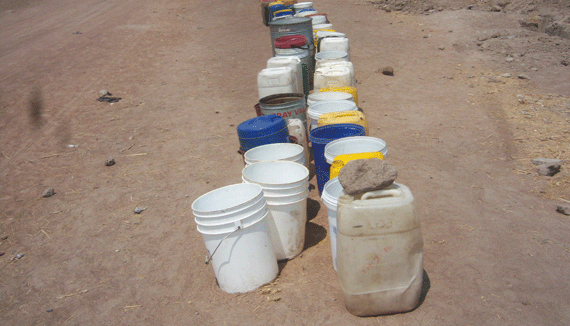
THE country’s export promotion body, ZimTrade, will disseminate findings of the Namibia Market Survey during the last quarter of 2015 in Harare and Bulawayo respectively.
BY MTHANDAZO NYONI
The survey, which was conducted from September 2 to 13, 2015, identified opportunities for local products and services in sectors such as building and construction, pharmaceuticals, leather and leather-related products and human capital skills, among others.
Currently, Zimbabwe’s exports to Namibia comprise of pharmaceutical products, iron and steel products, agricultural inputs and leather products, among others.
“According to Trade Map, Namibia’s import bill in 2014 was $7,4 billion with Zimbabwe supplying $17,7 million,” ZimTrade said.
In 2014, ZimTrade said Namibia was the tenth largest export destination for Zimbabwean products.
Trade between Zimbabwe and Namibia is governed by the Sadc Trade Protocol and the Zimbabwe-Namibia Preferential Trade Agreement, which offer preferential treatment to qualifying products into each other’s market.
“Companies are encouraged to utilise the Preferential Trade Arrangements to boost their market share in Namibia,” ZimTrade said.
- Chamisa under fire over US$120K donation
- Mavhunga puts DeMbare into Chibuku quarterfinals
- Pension funds bet on Cabora Bassa oilfields
- Councils defy govt fire tender directive
Keep Reading
ZimTrade urged companies with the potential to export to Sweden to utilise the Zimbabwe-EU Business Information Centre, which is housed at ZimTrade. The centre provides up-to-date information on quality standards, tariffs, packaging and labelling as well as potential buyers.
The body said the Swedish market offers opportunities for Zimbabwean products such as fresh produce, processed foods, textiles and garments.
Speaking at a How to Export to Sweden Seminar held at the beginning of September 2015 in Harare, Open Trade Gate Sweden (OTGS) representatives urged local suppliers to tap into the huge potential existing in the Nordic country.
The half-day seminar, which was organised by ZimTrade and the Swedish Embassy in Zimbabwe, covered areas such as requirements and procedures for exporting to Sweden and the European Union.
According to Trade Map, Sweden imported $1,97 billion worth of fresh produce, $5,56 billion of processed foods and $4,9 billion of clothing and textiles from the world in 2014.









